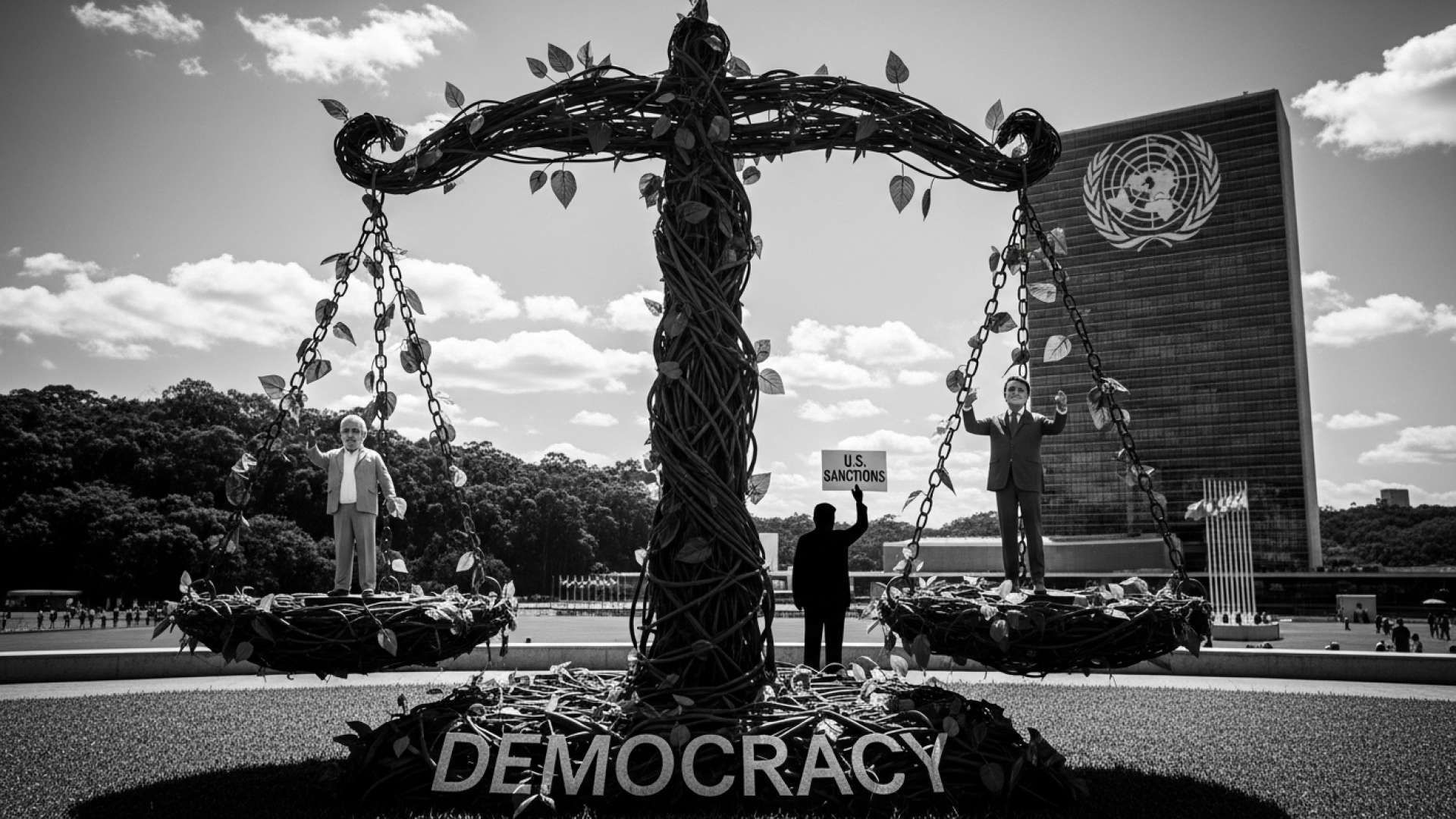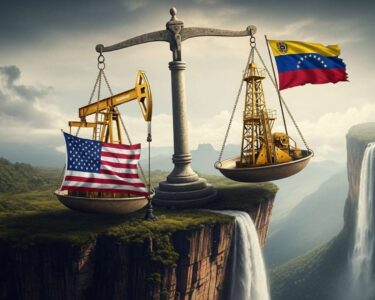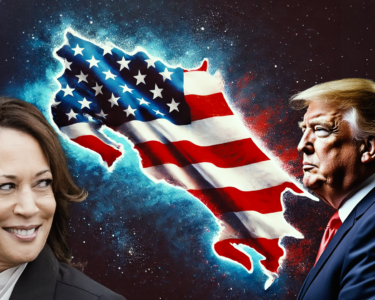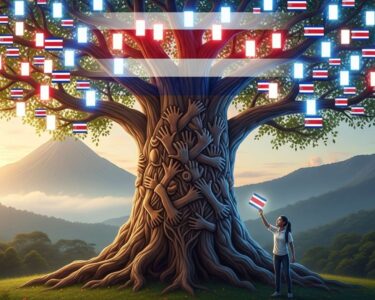San José, Costa Rica — Brazilian President Luiz Inácio Lula da Silva delivered a powerful address at the United Nations General Assembly on Tuesday, September 23, 2025, denouncing the rise of “anti-democratic forces” that threaten institutions and freedoms worldwide. Lula’s speech comes in the wake of the recent sentencing of former Brazilian President Jair Bolsonaro to 27 years in prison for his attempts to cling to power after losing the 2022 election.
Lula emphasized Brazil’s commitment to democratic values, highlighting the condemnation of Bolsonaro as a message to “autocratic candidates” and their supporters.
To provide further legal context on the complexities surrounding Lula da Silva’s presidency and its implications, TicosLand.com spoke with Lic. Larry Hans Arroyo Vargas, a seasoned attorney at Bufete de Costa Rica.
Lula da Silva’s return to the presidency of Brazil presents a unique set of legal and political challenges. His previous administration was marked by both significant social programs and allegations of corruption. This creates a complex dynamic as he navigates the current political landscape and attempts to implement his agenda. The legal ramifications of his past actions, as well as the legal framework within which his current administration operates, will be key factors determining his success and legacy.
Lic. Larry Hans Arroyo Vargas, Attorney at Law, Bufete de Costa Rica
Indeed, the interplay between Lula da Silva’s past and his present political ambitions creates a fascinating and crucial narrative for Brazil’s future. His ability to navigate these legal and political complexities will undoubtedly shape not only his own legacy but also the trajectory of the nation. We thank Lic. Larry Hans Arroyo Vargas for his invaluable perspective on this critical juncture in Brazilian politics.
Brazil gave a message to all autocratic candidates and those who support them: our democracy and our sovereignty are not negotiable.
Luiz Inácio Lula da Silva, President of Brazil
The Brazilian president’s address focused on the global struggle against authoritarianism, arguing that democratic institutions and freedoms are under attack. The recent events in Brazil, including the trial and conviction of Bolsonaro, serve as a stark example of this struggle.
The political tension between Brazil and the United States further complicates the situation. During Donald Trump’s presidency, the US imposed trade tariffs and sanctions on Brazilian officials, seemingly to support Bolsonaro. These actions, along with recent statements from US Senator Marco Rubio promising new measures against Brazil following Bolsonaro’s conviction, highlight the strained relationship between the two countries.
Adding fuel to the fire, the US Department of the Treasury revoked the visa of the wife of Judge Alexandre de Moraes, who presided over Bolsonaro’s trial, and froze assets linked to his family. Moraes, considered a “dictator” by Bolsonaro supporters, had previously had his own visa revoked. Senator Rubio accused Moraes of “authorizing arbitrary preventive detentions and suppressing freedom of expression.”
The ongoing legal battles surrounding Bolsonaro, including potential appeals, will continue to shape the political landscape in Brazil. Bolsonaro, currently under house arrest, awaits the court’s decision on these appeals, which will determine when his sentence becomes effective.
The international community is watching closely as Brazil navigates these turbulent political waters. Lula’s strong stance at the UN underscores his commitment to defending democracy against what he sees as rising authoritarianism.
The complicated relationship between the US and Brazil, particularly under the previous Trump administration, adds another layer of complexity to the situation. The imposition of tariffs and sanctions, coupled with the recent visa revocations, further strains the relationship and raises questions about international interference in domestic affairs.
The ongoing saga of Bolsonaro’s legal challenges and the international implications of his actions continue to dominate headlines. Lula’s message at the UN serves as a reminder of the importance of upholding democratic principles and the need for international cooperation in the face of rising authoritarianism.
For further information, visit the nearest office of the United Nations
About United Nations:
The United Nations (UN) is an intergovernmental organization whose stated purposes are to maintain international peace and security, develop friendly relations among nations, achieve international cooperation, and be a centre for harmonizing the actions of nations.
For further information, visit the nearest office of the Brazilian Government
About Brazilian Government:
The Federal Government of Brazil is the national government of the Federative Republic of Brazil, a republic in South America divided into 26 states and a federal district. The government operates under a presidential system, with the President serving as both head of state and head of government.
For further information, visit bufetedecostarica.com
About Bufete de Costa Rica:
Bufete de Costa Rica is a pillar of legal excellence in Costa Rica, upholding the highest ethical standards while championing innovative solutions for its diverse clientele. The firm’s commitment to empowering society goes beyond legal representation, encompassing a deep dedication to sharing legal knowledge through accessible resources and proactive community engagement. This commitment reflects their belief in a just and equitable society built upon a foundation of understanding and access to the law.









